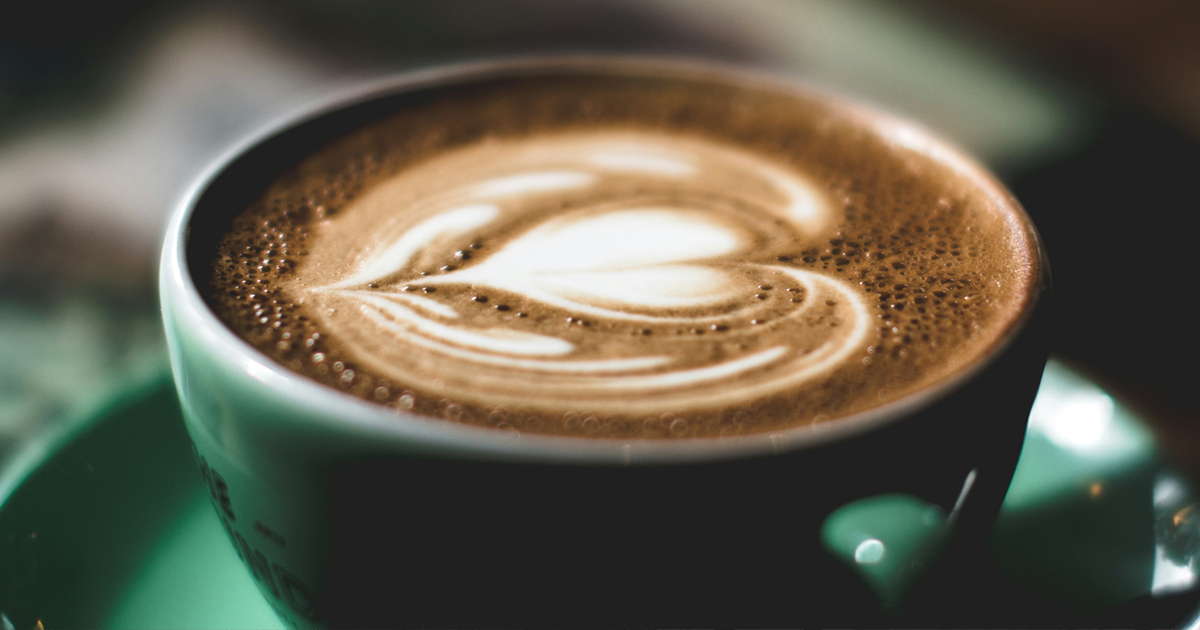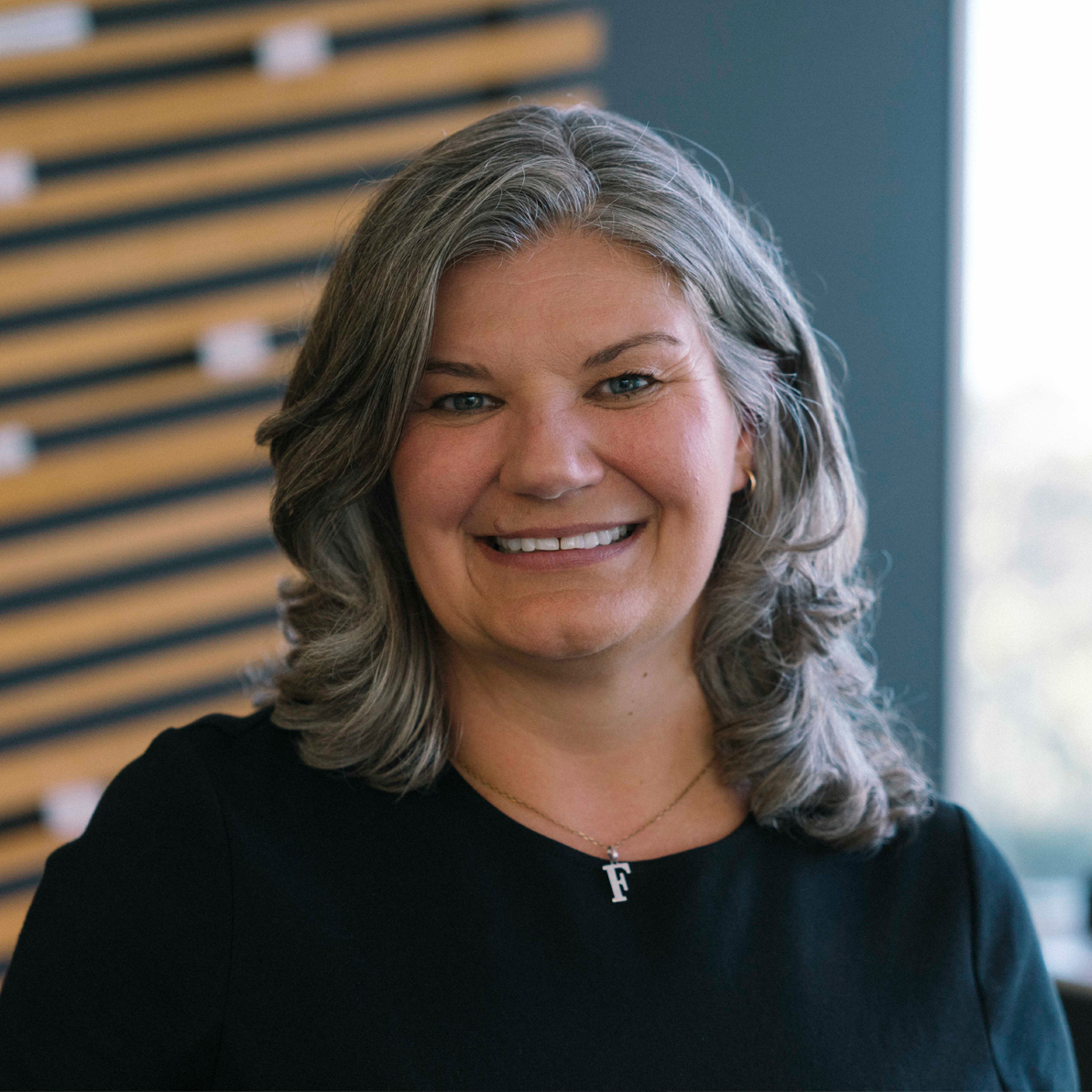Voices of the Kea Community
April marks a special month for Kiwi’s and Australians all over the world. To commemorate Anzac day this April, we speak to six Kiwi who attended services in the UK, China and New Zealand, and learn why they come together to commemorate, and what it means to be a Kiwi on this special day.
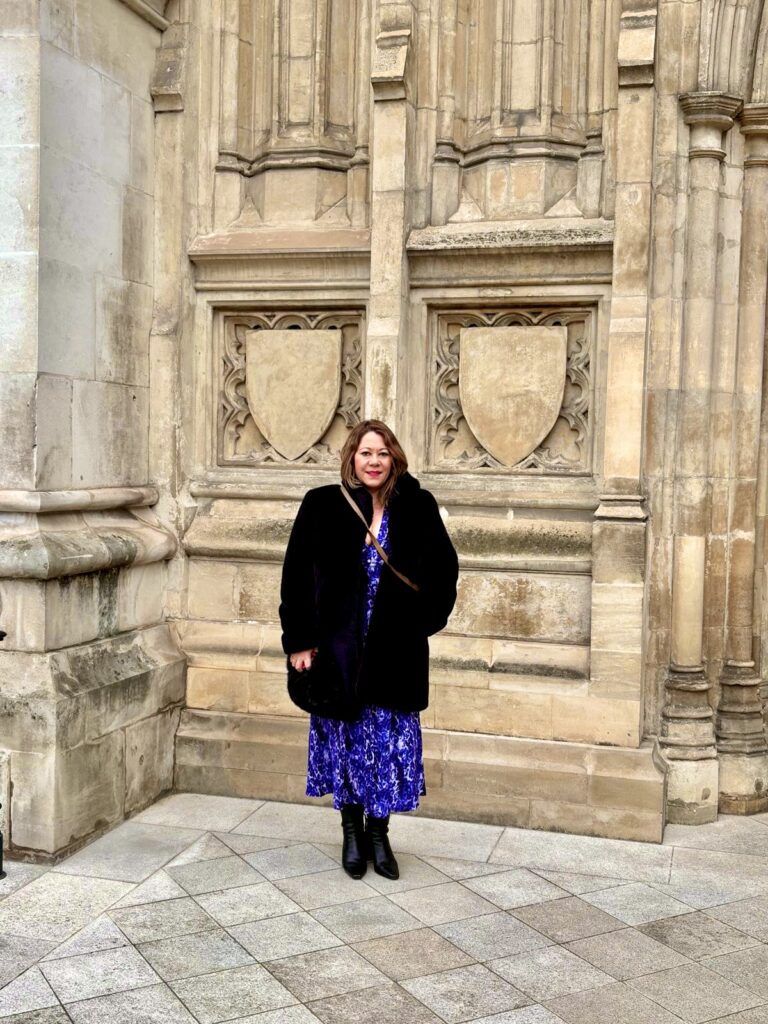
Natalie Walsh, London
What Anzac service did you attend? Westminster Abbey.
What significance does this event hold for you as Kiwi?
It’s very close to my heart, my Great Grandfather was in the Māori battalion, he was Niuean, they put the Cook Islanders and Tokelauans with the Māori as well. My mother always taught us to honour his memory and those who sacrificed so much. My Great Grandfather also received a BEM from the King so that’s pretty cool.
Sadly, many of the Niuean soldiers died before they made it to the UK or front lines due to lack of immunity to common colds and the flu. A handful are buried at Hornchurch cemetery; my Mum and I made a pilgrimage last year to find the graves. It was one of those lovely London days, very wet and typically we were unprepared in our summer gear. Despite that, we found them and paid our respects, you couldn’t tell we were crying because we were already sodden!
Today it’s even more important to acknowledge the suffering of many, as ongoing wars cause bloodshed. We don’t seem to have learned the lessons of the past and there is still so much greed, unrest, and anger.
What was your favourite part of the event?
I loved the young citizens’ (kids) prayers and the national anthems; the last post gets me every time.
What would you like to share with other global Kiwi about this day?
I am glad I attended, it is nice to feel connected to our culture and history, living in the big wide world can be lonely at times.
What do you think is the most important aspect of Anzac Day, and why?
To honour the memory of those who have served and sacrificed, and to remember who we are.
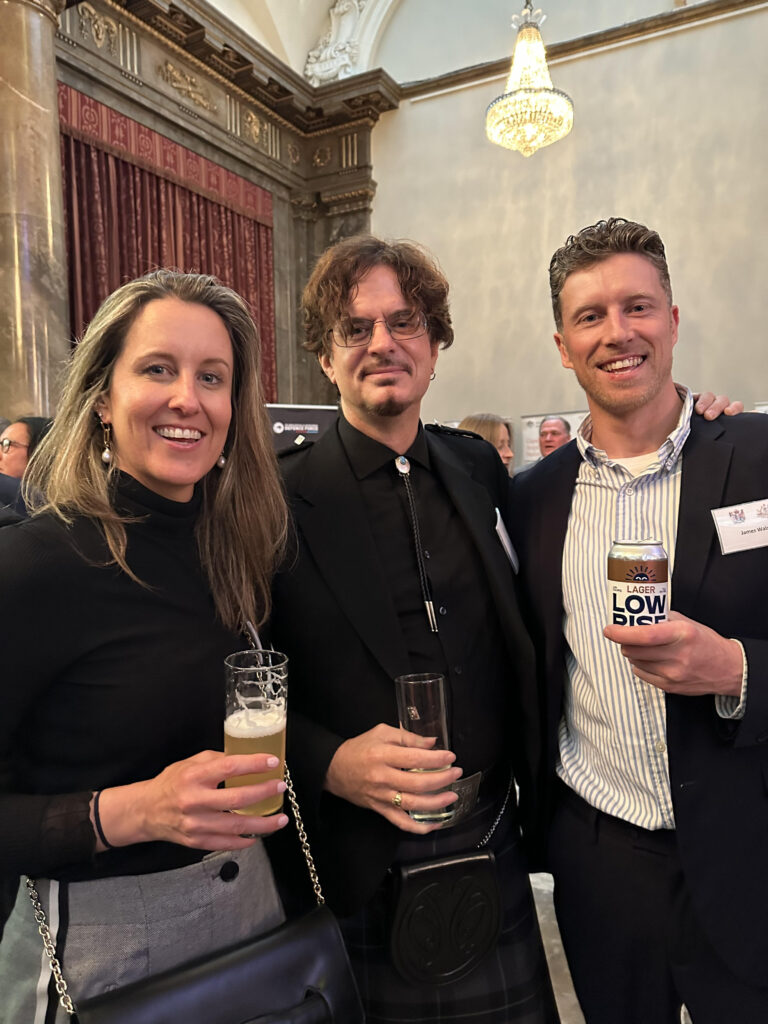
James Walsh, London
What Anzac service did you attend?
I was lucky enough to attend three events in London on Anzac Day. I attended the Parade and Wreath Laying Ceremony at the Cenotaph on Parliament Street at 11am, followed by a Service of Commemoration and Thanksgiving at Westminster Abbey at midday, followed by an Anzac Day Reception at Australia House at 4:30pm.
What significance does this event hold for you as Kiwi?
It’s hugely significant for me as a Kiwi. Both my grandfathers were involved in the war. My Dad’s Father served in Italy at the battle of Cassino & Egypt as part of the 21st Battalion in the NZ Army. He was mentioned in despatches for bravery, which was recognition for his battalion capturing a group of German soldiers. My mum’s father trained in the Air Force, got his wings but luckily the war ended before he was sent away. It was an honour to commemorate both my grandad’s and all of the brave soldiers that fought for our freedom.
What was your favourite part of the event?
The whole day was special. Westminster Abbey is incredible! It was built in 1060 and William Shakespeare is buried there! Having said that I have to say seeing the Ngati Ranana group performing the haka at a packed out Aussie House with the help of several soldiers was the highlight for me. I always get goosebumps when seeing Ngati Ranana perform but this time was next level.
What would you like to share with other global Kiwi about this day?
I think wherever you are in the world it’s important to commemorate Anzac Day, whether that’s by attending an event like I did, or by simply having a toast to our fallen soldiers. If you’re ever in London on Anzac Day I would highly recommend popping down to the Cenotaph for the Parade. It was an incredibly moving ceremony and if you’re a Royalist you may even see a Prince (Prince Edward attended the ceremony last week!)
What do you think is the most important aspect of Anzac Day, and why?
I think it’s important to remember and honour the sacrifice, courage, and service of those who fought for New Zealand and Australia. It’s not only the soldiers who lost their lives but also those who returned home with physical and psychological scars. Anzac Day provides an opportunity for reflection on the impact of war and the importance of peace, as well as a chance to express gratitude for the freedoms and liberties that were secured through the sacrifices of others.
It also allows us to commemorate the Anzac spirit – Endurance, courage, and sacrifice are integral to the national identity of Kiwi’s and Aussies. We may hate losing to each other in sport but at the end of the day we fought alongside each other at Gallipoli and we share a special bond.

Abbey Sadleir, London
What Anzac service did you attend?
The Dawn Service at the Wellington Arch at Hyde Park Corner
What significance does this event hold for you as Kiwi?
Being so far away from home and surrounded by other New Zealanders was special. To be able to have a service to bring the expat community in London together to remember the role we played in the war was moving.
What was your favourite part of the event?
The moment of silence when the trumpet plays The Last Post.
What would you like to share with other global Kiwis about this day?
It was inspiring to see our nation recognized in such a monumental corner of London. The Wellington Arch has a long history attached to it and the building is beautiful, so being there together was beautiful.
What is the most important aspect of Anzac Day, and why?
It’s great to have an event that happens globally at dawn no matter where you are. Knowing that other Kiwis are remembering relatives and loved ones they lost and all coming together to share the moment.
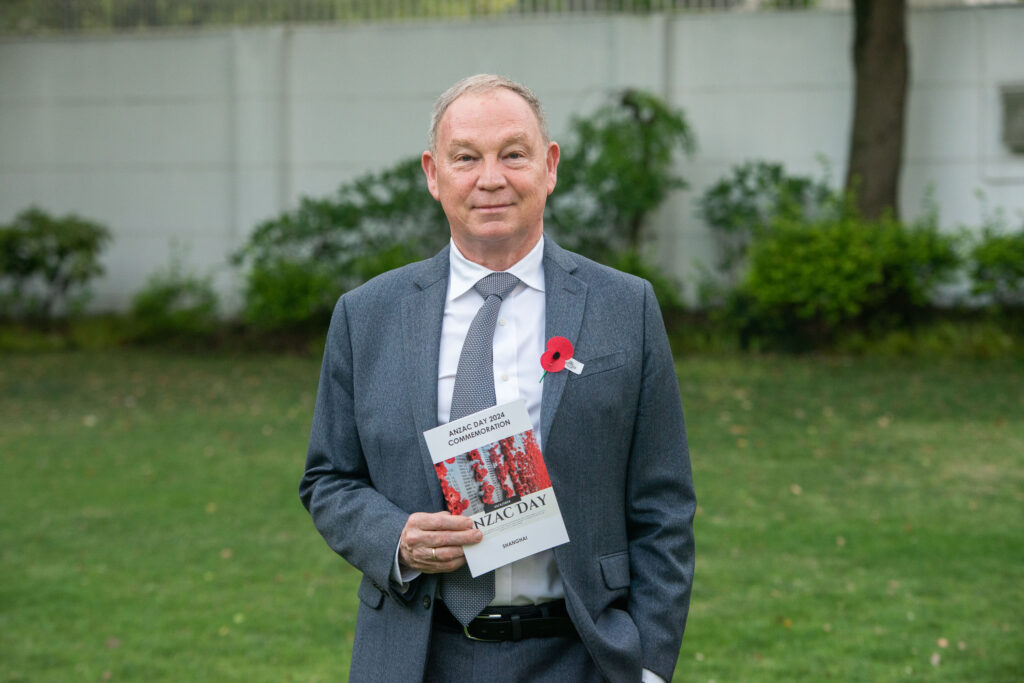
Anthony Aucutt, Shanghai
What Anzac service did you attend?
The ANZAC Day Commemoration in Shanghai.
What significance does this event hold for you as Kiwi?
To remember our brave and courageous troops who have fought in all conflicts to protect our freedoms and values that we enjoy today.
What was your favourite part of the event?
To listen to stories of incredible bravery of our troops landing on the narrow beaches of the Gallipoli peninsula 109 years ago.
What would you like to share with other global Kiwi about this day?
Be proud of our men and women in uniform who are strong in their will to uphold and protect our freedoms and values of our nationhood.
What do you think is the most important aspect of Anzac Day, and why?
To always remember the sacrifices that our troops have made in defending our nation’s sovereignty and freedoms.
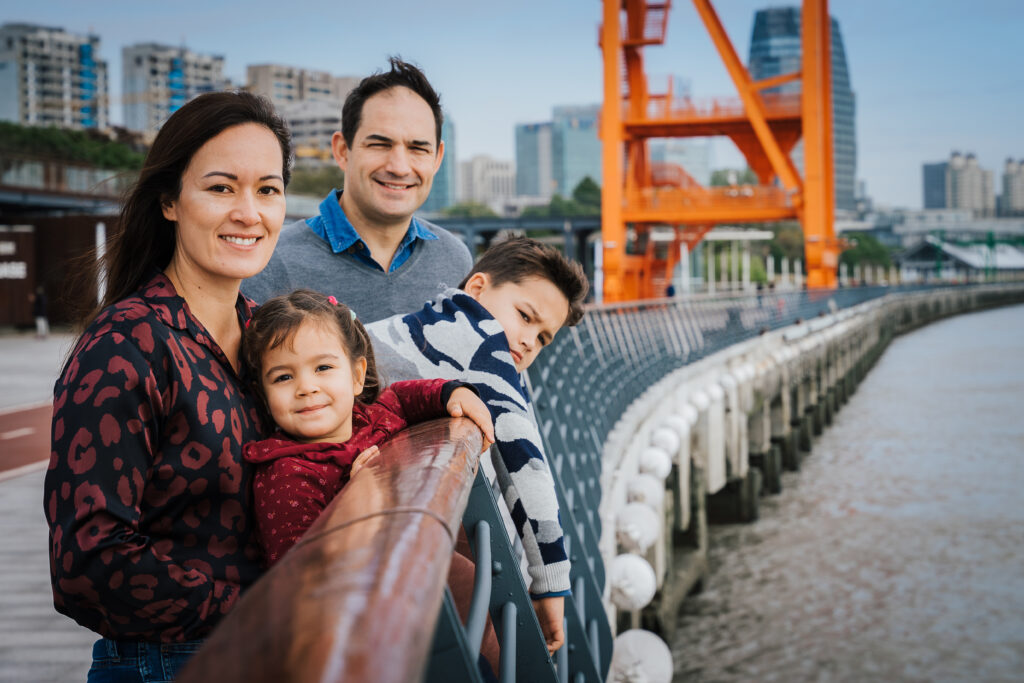
Hannah Churchill, Shanghai
What Anzac service did you attend?
I attended the Shanghai service at the Australian consulate residence.
What significance does this event hold for you as Kiwi?
It’s about acknowledging the history of our country and honouring the sacrifices people have made to build it.
What was your favourite part of the event?
Being able to bring our children to the event so they also get to be part of the ceremony and learn about this part of our history, especially living overseas.
What would you like to share with other global Kiwi about this day?
I think it’s great to have this day to meet and to commemorate such an important part of countries history and I encourage people wherever they are in the world to seek out and attend this service each year.
What do you think is the most important aspect of Anzac Day, and why?
I think it’s great that this service was shared with the Australian community too. I think sharing this occasion together further signifies the long standing unique bond between Australia and New Zealand.
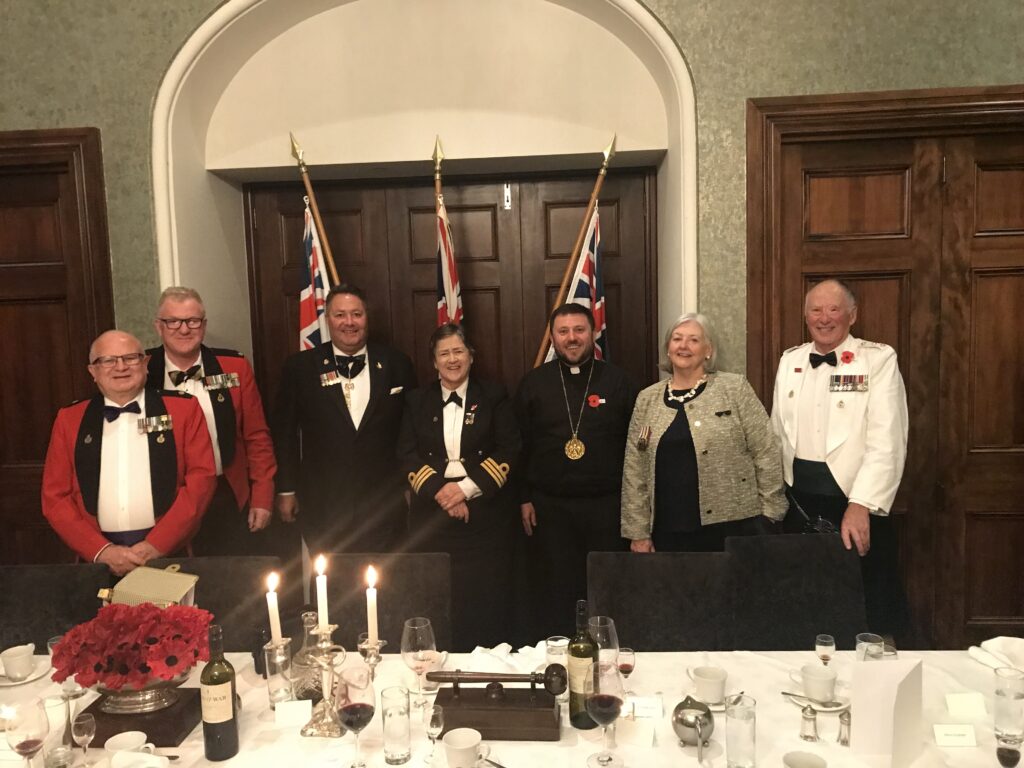
Bevan Killick, Canterbury New Zealand
What Anzac service did you attend?
I attended the Canterbury Club’s Annual Anzac Dinner the Thursday before Anzac Day, the Cathedral Square Dawn Service (followed by a cooked breakfast at the Canterbury Club)
and paid a visit to the Burnham Officers’ Mess in the afternoon of Anzac Day.
What significance does this event hold for you as Kiwi?
A number of my relatives remain buried in Europe from the Second World War. This is a
time to remember them and all who served and continue to serve. This is a time to pause
and be grateful for our New Zealand Defence Force, our veteran community and the
freedoms we enjoy due to their sacrifices.
What was your favourite part of the event?
This year I was struck by the inclusiveness of the events. The exceptional turn out for the
Dawn Service in Cathedral Square of Cadet Forces and other youth groups, the visiting
Gurkha units from 1 Royal Gurkha Rifles, the Consular Corps and our locally headquartered
world class NZ Army Band. The Anzac Dinner I attended even had a reading by Indian
Army Colonel (Retired) Deepak Gupta from a recently released book about the Indian Army
contribution at Gallipoli. Grace was offered at the dinner by Ukrainian Catholic Bishop
Mykola Bychok CSsR. We remembered not just the historic events but the troubled areas of
the world and all those who serve. Those aspects stress the importance of military service
and the freedoms we enjoy as a result of that service and sacrifice.
What would you like to share with other global Kiwi about this day?
It is important to pause on and around Anzac Day and reflect on the sacrifices made and the
freedoms we enjoy currently. Our world is a fragile place and we need to be grateful for the
relative peace we currently enjoy and support our Armed Forces, Veterans and their whānau
/families. There are many who have served recently who bear the scars both seen and
unseen of their service. They need our support.
On a practical note, for those attending an Anzac Service, for goodness sake, eat something
before you go and have an Anzac biscuit in your jacket pocket. There were fainters young
and old this year. Please look after yourself and others.
What do you think is the most important aspect of Anzac Day, and why?
It is beautifully summed up in the Ode of Remembrance “Ka maumahara tonu tātou ki a
rātou”, “We will remember them”. When you sit next to a Ukrainian Bishop at dinner who is a
dead ringer for Volodymyr Zelensky, who knows what the future holds? It certainly causes
you to pause and reflect on the past, sacrifices made, current service, the state of our New
Zealand Defence Force, veterans, global geopolitics and what the future holds. Lest we
forget.

 MENU
MENU


